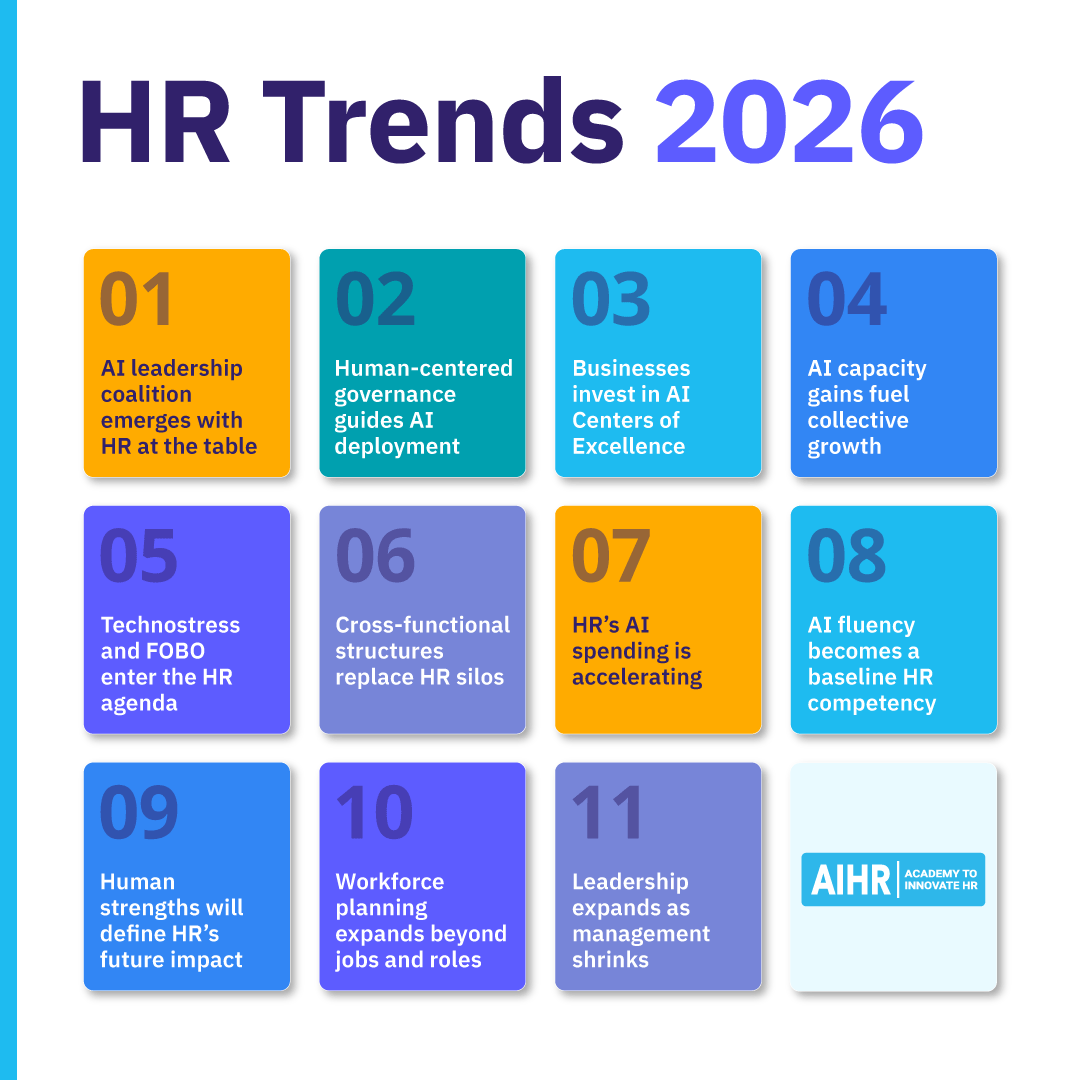The Future of Artificial Intelligence



In the age of rapid technological change, the horizon of work and earning is shifting. Artificial intelligence (AI) is no longer a futuristic concept — it’s transforming industries, amplifying human capabilities, and rewriting the rules of how people earn and build careers. According to recent research, industries most exposed to AI technologies are seeing wages rise twice as fast, and workers with AI-skills command a significant premium. (PwC)
As we approach 2026, the question is not just “What will AI replace?” but “How can you position yourself to thrive alongside AI?” By focusing on the right skills — both technical and human-centred — you can increase your income, defend your relevance, and ride the next wave of opportunity. Below, we explore seven key skills that will help you enhance your earning potential in 2026.
7 Skills That Will Increase Your Income in 2026
1. No-Code & Low-Code AI App Development
With AI becoming more accessible, you don’t necessarily need deep programming experience to build value. Platforms enabling no-code or low-code creation of AI-agents and applications are gaining traction. For example, creators are using these tools to build automation flows that take a single asset (say a video) and turn it into multiple posts or assets via AI. (Medium)
Why it increases income:
-
Low barrier to entry → you can get started quickly
-
Enables creation of income-generating tools, services, or side-projects
-
Because AI is still new in many organisations, you can position yourself as an early adopter
How to develop it:
-
Explore no-code AI platforms and build small proof-of-concepts
-
Focus on automation flows (e.g., content generation, social posting, customer-service bots)
-
Package your capability as a service (e.g., “I’ll build your AI-powered content pipeline”)
2. Workflow Automation & AI Integration
As organisations adopt AI, they need people who understand how to integrate AI into real business workflows: not just “run an AI model”, but “how does this model fit into the process, who uses it, what value does it add?” According to workplace-trend research, one of the major shifts by 2026 will be AI-native workflows rather than just bolt-on automation. (Bernard Marr)
Why it increases income:
-
It’s high-leverage: improving or automating a workflow often yields big returns
-
Fewer people have this integrative skill → less competition
-
You’ll become a partner in value-creation, not just a task-doer
How to develop it:
-
Learn process mapping and how to identify bottlenecks
-
Understand how AI tools (APIs, agents, analytics) can plug into existing systems
-
Demonstrate end-to-end results (time saved, cost reduced, revenue gained)
3. Data Analysis & AI-Augmented Insights
While AI might be automating many tasks, the need for humans who can interpret results, ask the right questions, and derive insights remains strong. Analysts who combine data-skills with an understanding of AI are increasingly valuable. For example, roles like “data analyst” continue to be identified as skills AI cannot fully replace in 2026. (Dan Martell)
Why it increases income:
-
Data is the fuel of AI — organisations that leverage data well will get ahead
-
You can bridge business + tech (a high-value combination)
-
Insights lead to decisions which lead to outcomes — aligning you with business impact
How to develop it:
-
Gain competence in tools like SQL, Python, spreadsheets, basic statistics
-
Add knowledge of AI-models (e.g., what they can/can’t do) and how to present findings to non-technical stakeholders
-
Build a portfolio of projects showing outcome metrics (e.g., improved conversion rate by X%)
4. Cybersecurity & AI-Safety Awareness
As AI expands, so do risks: misuse, adversarial attacks, data vulnerabilities. Skills in cybersecurity, AI governance, ethics, and safety are becoming premium. Research shows that cybersecurity specialists remain “AI-proof” and in demand. (Dan Martell)
Why it increases income:
-
Organisations pay a premium for protecting high-value assets
-
As AI becomes core to business, safety becomes core — not optional
-
It’s a differentiator: fewer people combine AI-understanding with security expertise
How to develop it:
-
Learn fundamentals of cybersecurity (network, cloud, identity, threat detection)
-
Study how AI changes the threat landscape (e.g., model poisoning, adversarial inputs)
-
Get certifications and build demonstrable experience (even in labs/hobby projects)
5. Full-Stack Engineering & System Design
Even though AI can write code, organisations will still need engineers who understand how systems hang together — infrastructure, scalability, security, user-experience, deployment. According to one 2026-skills forecast, full-stack engineering remains among the highest value skills. (Dan Martell)
Why it increases income:
-
It’s harder to outsource/design than to code a simple function
-
Systems that incorporate AI need solid foundations
-
Full-stack engineers can work across layers (front-end, back-end, DB, cloud) → increased value
How to develop it:
-
Solidify your knowledge of web/backend frameworks, databases, APIs, cloud deployment
-
Understand how to integrate AI models/services into production systems
-
Build a real-world project (e.g., an app that uses AI + database + user-interface) and show how you designed it
6. Creative Storytelling & Human-Centred Design
As machines take over more rules-based, structured work, what remains uniquely human becomes increasingly valuable. Skills like storytelling, design thinking, empathy, user experience and human-centred design are rising. Research highlights that “human-centric skills become increasingly valued” in the era of AI. (Bernard Marr)
Why it increases income:
-
These skills help you craft messages, experiences, products that resonate with people — a premium in a world of automation
-
They complement tech skills: being able to translate from “what the tech can do” to “what people want”
-
You can apply them across many domains (marketing, product, UX, leadership) → versatility
How to develop it:
-
Practice storytelling: write pieces, build narratives for products/brands
-
Study design thinking frameworks and user-experience fundamentals
-
Work on cross-discipline projects (tech + design + user research) to showcase your human-centred mindset
7. Adaptability & Lifelong Learning
Finally — perhaps the most important skill of all: the ability to learn, un-learn, re-learn. With AI reshaping so many roles, the pace of change is accelerating. A recent study found that skills in AI-exposed roles change 66% faster than in other roles. (PwC)
Why it increases income:
-
You stay relevant longer — and outdated skills cost income
-
Organisations reward those who can pivot, who embrace change rather than resist it
-
You’ll be able to spot emerging opportunities and move into them ahead of others
How to develop it:
-
Create a habit of continuous learning (set aside time each week)
-
Follow trends in your domain (AI, tools, workflow, business models)
-
Build a portfolio of micro-projects or experiments — demonstrate you can adapt and deliver
Final Thoughts
As we move into 2026, the future of work will not simply be “humans vs machines” — it will be about humans + machines working together, and those who understand how to add value in that hybrid model will earn more, have more options, and build more resilience.
By focusing on the seven skills above — no-code AI tools, workflow automation, data analysis, cybersecurity, full-stack engineering, creative storytelling and adaptability — you’re positioning yourself for the new earning landscape. Combine technical capability with human-centred strengths, and you’ll be ready not just for the future, but to define it.
Start today. Choose one skill, build a small project, show results. Your income growth in 2026 could depend on the steps you take right now.
Comments
Post a Comment